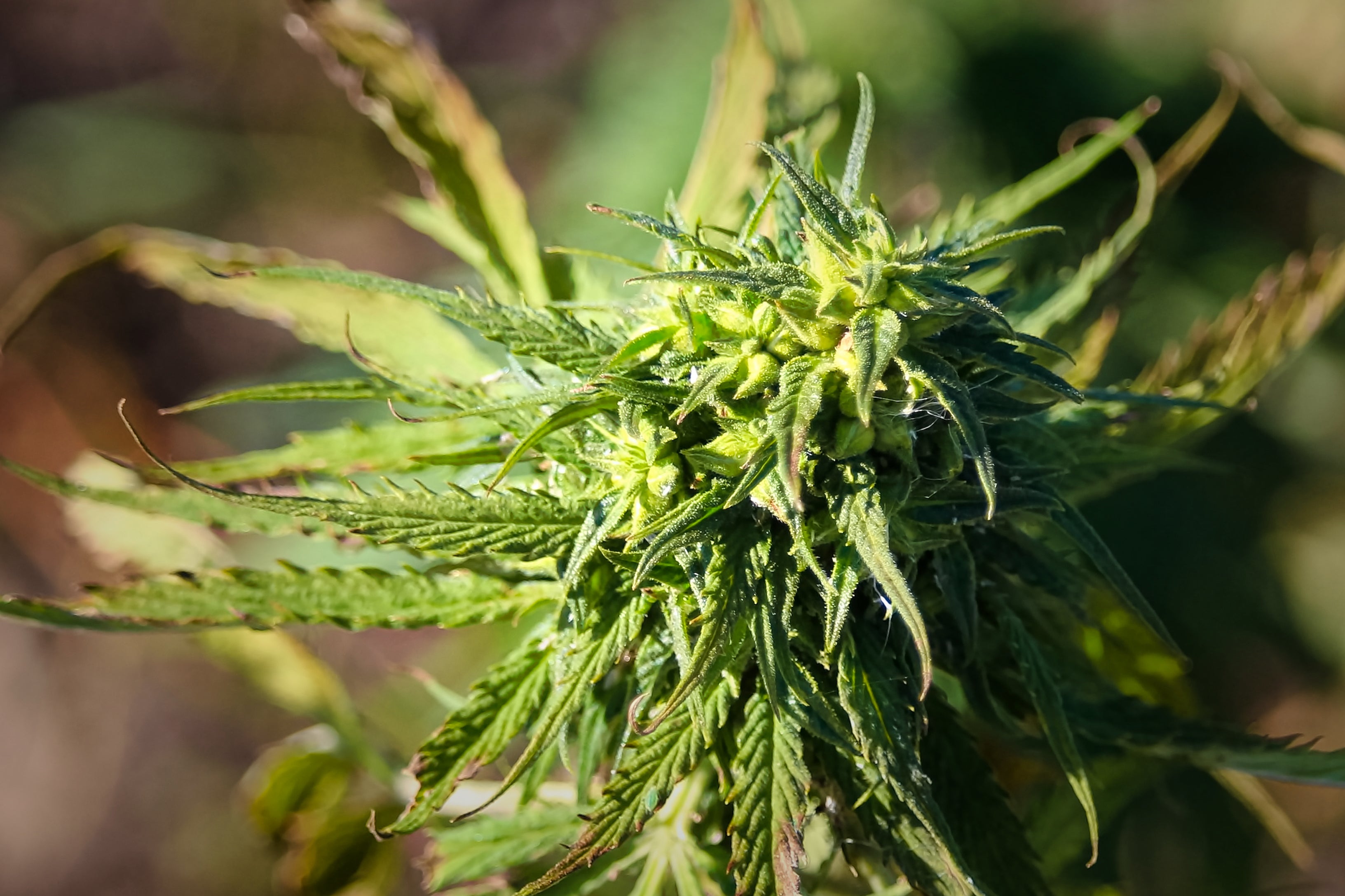High-strength cannabis use ‘increases risk of psychosis’
Daily high-strength cannabis users five times more likely to develop psychotic disorder, finds study

Regular users of high-strength cannabis are more likely to develop addiction and psychosis, new analysis has found.
In a survey of almost 120,000 people, researchers found that people who use cannabis products high in tetrahydrocannabinol (THC) are at greater risk of conditions such as schizophrenia.
The main psychoactive substance in cannabis, THC, affects how the brain works and influences a person’s mood, reactions, thoughts and emotions.
Those who use high-strength cannabis on a daily basis are five times more likely to develop a psyschotic disorder than those who never use it, according to one of 20 reviewed studies.
In contrast, researchers from the Addiction and Mental Health Group at the University of Bath found regular use of lower potency cannabis was not associated with an increased risk of psychosis.

The analysis also found an increased risk of addiction, or “cannabis-use disorder”, among those who use high THC products compared to users of milder forms of the drug.
The study is thought to be the first systematic review of the available evidence on the link between cannabis strength and mental health problems and addiction.
Cannabis is the third most widely used drug globally after alcohol and nicotine, with research suggesting around one in five 16 to 24-year-olds in the UK have used it in the past year.
The researchers say the findings could be vital in informing drug policy as more countries move to legalise cannabis, because THC concentrations in certain products have surged in recent years.
New legal markets have facilitated the development of high-THC cannabis extracts, as well as increasing the potency of herbal cannabis, the study’s authors said.
They pointed to the example of Washington state in the US, where herbal cannabis of 20 per cent THC concentration and cannabis extract of 60 per cent THC concentration can be purchased legally.
The study’s authors also noted that as potency has increased, so have rates of people seeking treatment for cannabis addiction.
Data from the European Monitoring Centre for Drugs and Drug Addiction revealed a 76 per cent increase in people entering treatment for cannabis addiction in the past decade, the researchers said.

Lead author Kat Petrilli, from the University of Bath’s Department of Psychology, said: “Our systematic review found that people who use higher potency cannabis could be at increased risks of addiction as well as psychosis when compared to people who use cannabis products with lower potencies.
“These results are important in the context of harm reduction which aims to minimise the negative consequences associated with drug use.
She continued: “While the safest level of use for cannabis is of course ‘no use’, it is important to acknowledge that a significant number of people across the world use cannabis regularly and to ensure they can make informed decisions that could reduce any possible harms associated with it.”
Senior author Dr Tom Freeman added: “Our findings suggest that people who use cannabis could reduce their risk of harm by using lower potency products.
“In places where cannabis is legally sold, providing consumers with accurate information on product content and access to lower potency products could help people to use cannabis more safely.”
The authors noted that despite anecdotal evidence of a link between cannabis use and anxiety and depression, there was no clear link between THC concentration and other mental health problems.
Just one study included in the review suggested an association.
The study Association of cannabis potency with mental ill health and addiction: A systematic review was funded by the Economic and Social Research Council and is published in The Lancet Psychiatry.
Join our commenting forum
Join thought-provoking conversations, follow other Independent readers and see their replies
Comments


Bookmark popover
Removed from bookmarks